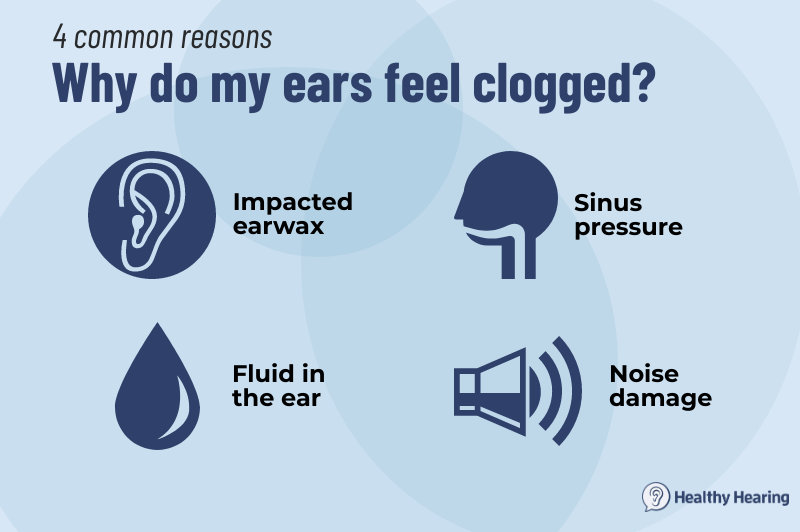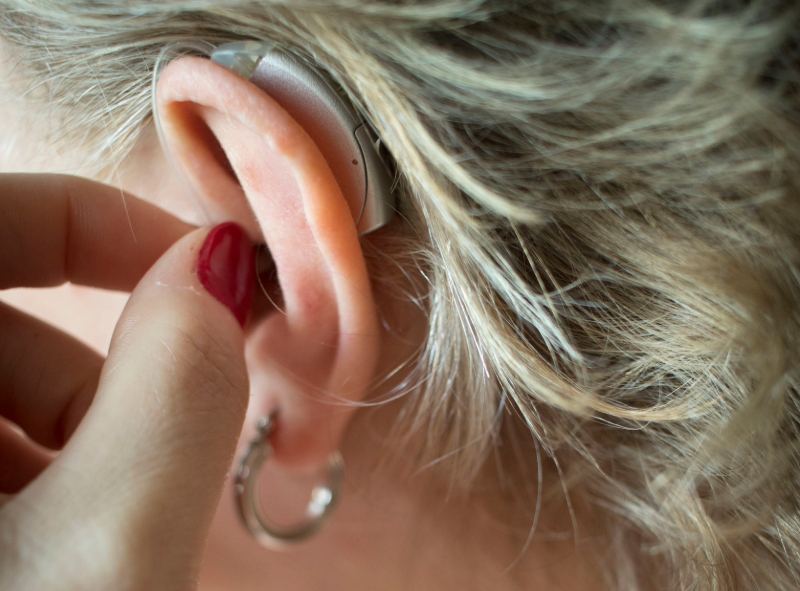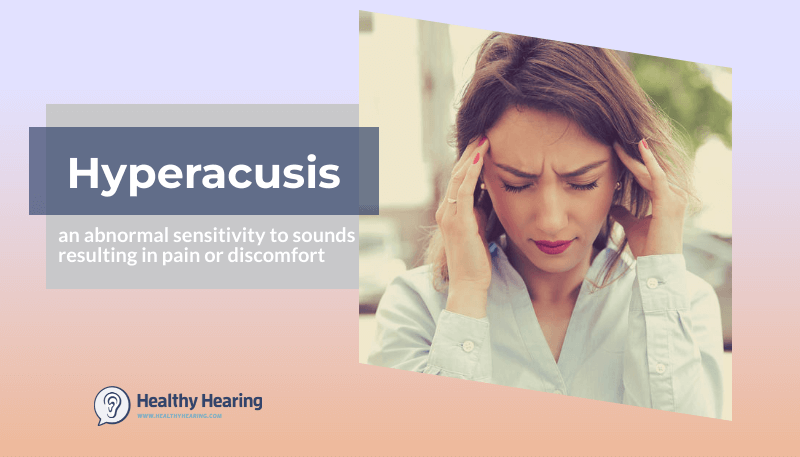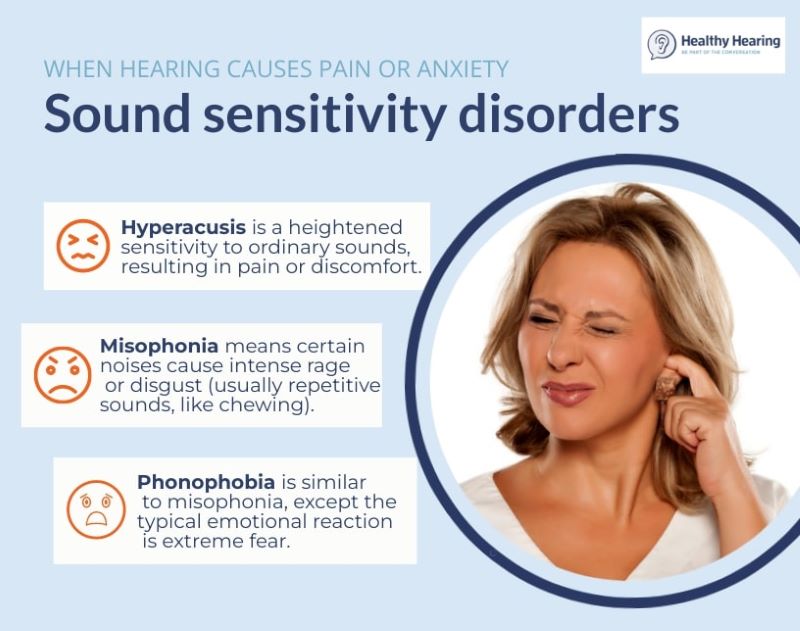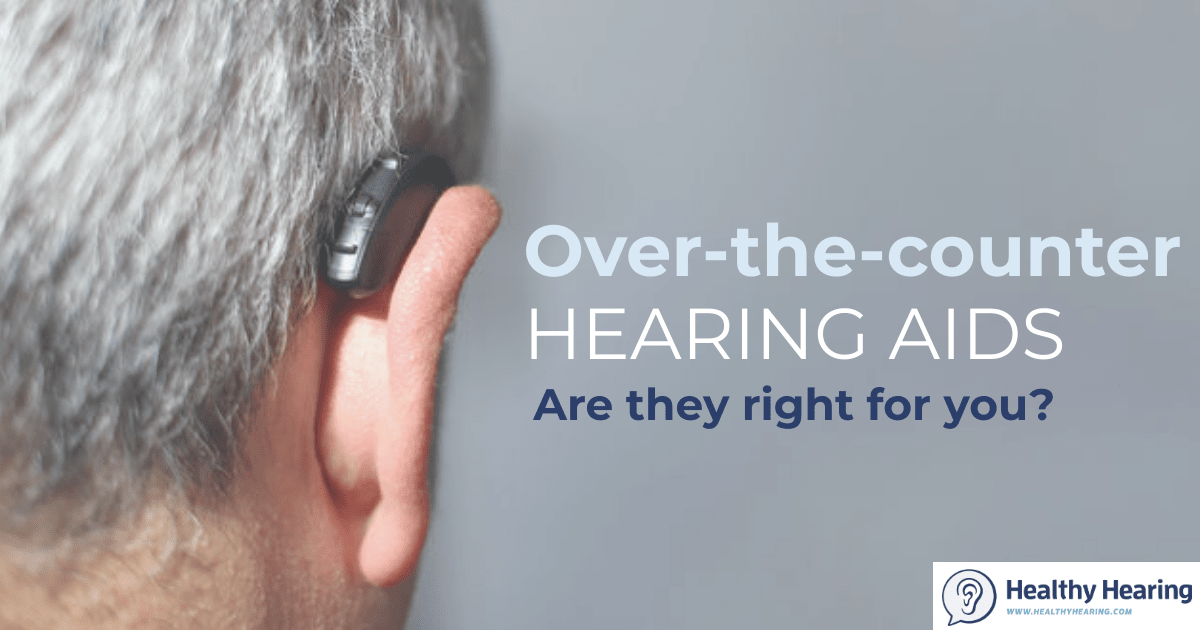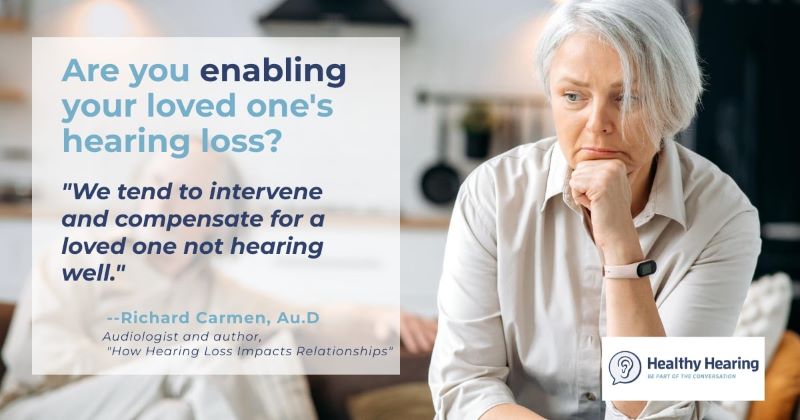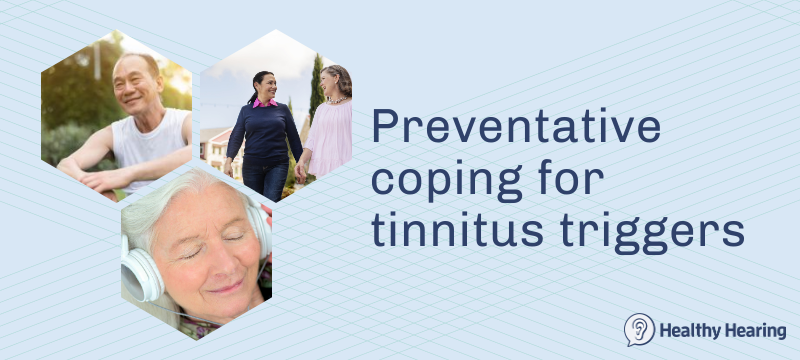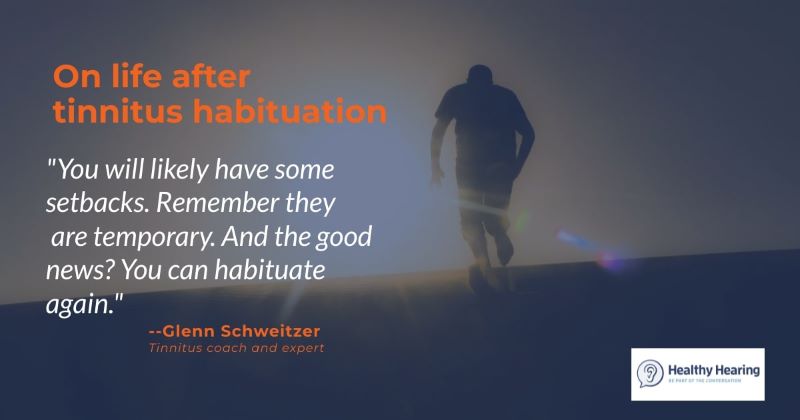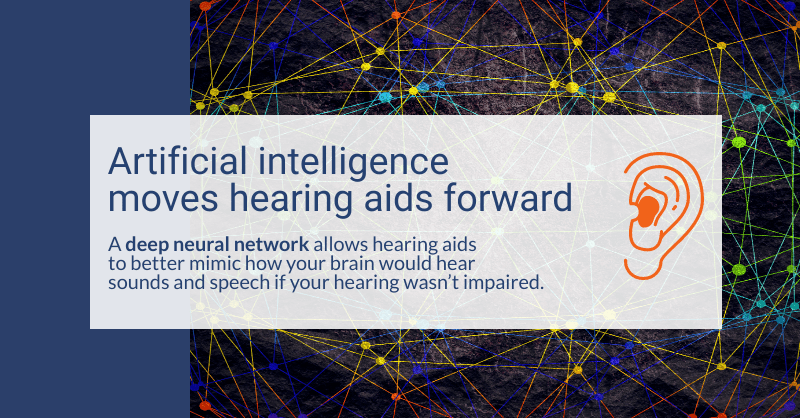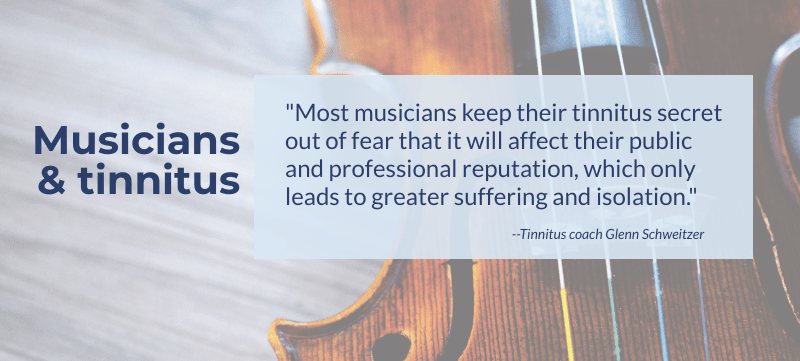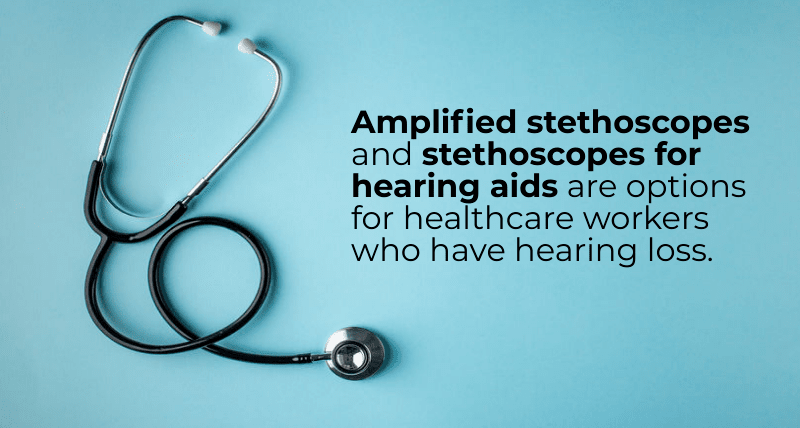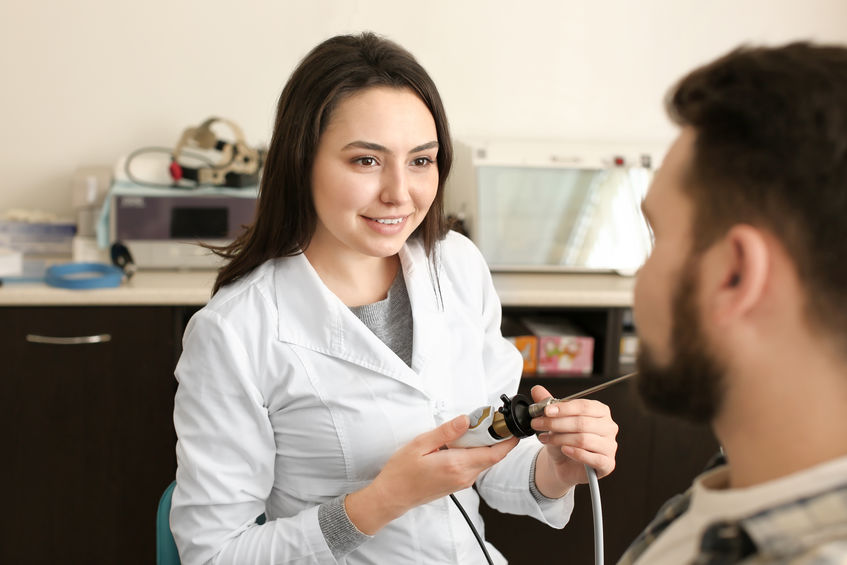The Healthy Hearing Report
Each week the Healthy Hearing Report team publishes helpful information about living with hearing loss, tinnitus and other auditory disorders.
Want to reach out? Have an article suggestion or comment? You can reach our editorial staff via the Contact Us page. Stay in touch with us via our monthly newsletter or follow us on Facebook or X.
We also have in-depth general information on hearing loss, tinnitus, hearing aids, and hearing aid brands.
How often should I get my hearing tested?
How often should you get your hearing checked? The answer depends on your current hearing abilities, age, job and other risk factors.
How often should I get my hearing tested?
How often should you get your hearing checked? The answer depends on your current hearing abilities, age, job and other risk factors.
How spring allergies and weather changes affect your hearing
Springtime brings barometric pressure changes, seasonal allergies and wet weather—all of which can impact people who wear hearing aids.
How spring allergies and weather changes affect your hearing
Springtime brings barometric pressure changes, seasonal allergies and wet weather—all of which can impact people who wear hearing aids.
Airplanes and ear pain
Learn about what happens to your ears during air travel and what you can do to prevent pain, discomfort and temporary hearing loss.
Airplanes and ear pain
Learn about what happens to your ears during air travel and what you can do to prevent pain, discomfort and temporary hearing loss.
Hearing aids and tax time
Hearing aids and other costs related to treating hearing loss can be included as medical deductions on your taxes.
Hearing aids and tax time
Hearing aids and other costs related to treating hearing loss can be included as medical deductions on your taxes.
Diplacusis: Understanding 'double' hearing
Sometimes called "double hearing," diplacusis is a form of hearing loss that causes our ears to hear sounds so differently it creates a disturbing two-sound experience.
Diplacusis: Understanding 'double' hearing
Sometimes called "double hearing," diplacusis is a form of hearing loss that causes our ears to hear sounds so differently it creates a disturbing two-sound experience.
Tinnitus in one ear
Experiencing tinnitus in one ear? Learn about the causes, symptoms, and treatment options for unilateral tinnitus, including hearing aids and sound therapy.
Tinnitus in one ear
Experiencing tinnitus in one ear? Learn about the causes, symptoms, and treatment options for unilateral tinnitus, including hearing aids and sound therapy.
Why do my ears itch?
Why do your ears itch? Explore common causes like dermatitis, allergies, earwax buildup, and hearing aid irritation.
Why do my ears itch?
Why do your ears itch? Explore common causes like dermatitis, allergies, earwax buildup, and hearing aid irritation.
Why do my ears feel clogged?
Do your ears feel clogged? Learn about common causes like earwax, sinus pressure, infections and more. Find expert advice and when to seek help.
Why do my ears feel clogged?
Do your ears feel clogged? Learn about common causes like earwax, sinus pressure, infections and more. Find expert advice and when to seek help.
Can menopause cause hearing loss and tinnitus?
If you're nearing your "menopausal" years, you may be wondering if natural hormonal changes -- or hormonal therapy -- will have any affect on your hearing. It's an emerging area of research with some surprising results, it turns out.
Can menopause cause hearing loss and tinnitus?
If you're nearing your "menopausal" years, you may be wondering if natural hormonal changes -- or hormonal therapy -- will have any affect on your hearing. It's an emerging area of research with some surprising results, it turns out.
Hyperacusis: Noise sensitivity that's painful
Hyperacusis is defined as an abnormal sensitivity to sounds resulting in pain or discomfort. You may also experience tinnitus and a sensation of fullness in your ears.
Hyperacusis: Noise sensitivity that's painful
Hyperacusis is defined as an abnormal sensitivity to sounds resulting in pain or discomfort. You may also experience tinnitus and a sensation of fullness in your ears.
Sound hypersensitivity disorders
Hyperacusis, misophonia, phonophobia and other conditions can make hearing painful or anxiety inducing.
Sound hypersensitivity disorders
Hyperacusis, misophonia, phonophobia and other conditions can make hearing painful or anxiety inducing.
Newborn hearing screening
Nearly all babies born in the U.S. are given newborn hearing screening while still in the hospital. Learn more about how babies are tested and what you should do if your child fails her screening.
Newborn hearing screening
Nearly all babies born in the U.S. are given newborn hearing screening while still in the hospital. Learn more about how babies are tested and what you should do if your child fails her screening.
Fluctuating hearing loss
Many different health conditions can cause intermittent or fluctuating hearing loss, making it tricky to diagnose.
Fluctuating hearing loss
Many different health conditions can cause intermittent or fluctuating hearing loss, making it tricky to diagnose.
All about: Over-the-counter hearing aids
Over-the-counter hearing aids are now available online and in drug stores. Learn the pros and cons of OTC hearing aids, and why you may want the help of a hearing care provider.
All about: Over-the-counter hearing aids
Over-the-counter hearing aids are now available online and in drug stores. Learn the pros and cons of OTC hearing aids, and why you may want the help of a hearing care provider.
Are you unknowingly enabling your loved one’s hearing loss?
People who are reluctant to get help for their hearing loss often depend on their loved ones to help them hear better, a type of enabling behavior with diminishing returns.
Are you unknowingly enabling your loved one’s hearing loss?
People who are reluctant to get help for their hearing loss often depend on their loved ones to help them hear better, a type of enabling behavior with diminishing returns.
Coping techniques to prevent tinnitus and anticipatory anxiety
Most tinnitus coping strategies are meant to be used reactively, after a difficult moment has occurred. But it's just as important to develop techniques that help you establish routines to head off tinnitus and anticipatory anxiety before they start.
Coping techniques to prevent tinnitus and anticipatory anxiety
Most tinnitus coping strategies are meant to be used reactively, after a difficult moment has occurred. But it's just as important to develop techniques that help you establish routines to head off tinnitus and anticipatory anxiety before they start.
Can I get workers' compensation for hearing loss?
If your hearing is damaged on the job, you may be entitled to workers' compensation to help cover the cost of hearing aids and other treatments.
Can I get workers' compensation for hearing loss?
If your hearing is damaged on the job, you may be entitled to workers' compensation to help cover the cost of hearing aids and other treatments.
What to expect after tinnitus habituation
Here's what to expect after you habituate to tinnitus, or ringing in the ears. Lasting relief is possible, but it's important to know that it's not a cure. Setbacks and tinnitus flare-ups are possible.
What to expect after tinnitus habituation
Here's what to expect after you habituate to tinnitus, or ringing in the ears. Lasting relief is possible, but it's important to know that it's not a cure. Setbacks and tinnitus flare-ups are possible.
Benefits of AI hearing aids
Premium hearing aids use artificial intelligence like machine learning and deep neural networks to help process sound. Learn why this is a significant improvement for people with hearing loss.
Benefits of AI hearing aids
Premium hearing aids use artificial intelligence like machine learning and deep neural networks to help process sound. Learn why this is a significant improvement for people with hearing loss.
Are you a musician with tinnitus?
Tinnitus, or ringing in the ears, is incredibly common among musicians. Yet many don't discuss it, for fear of job repercussions. Learn why it happens and how to get help.
Are you a musician with tinnitus?
Tinnitus, or ringing in the ears, is incredibly common among musicians. Yet many don't discuss it, for fear of job repercussions. Learn why it happens and how to get help.
Stethoscopes for medical professionals with hearing loss
Medical professionals with hearing loss often struggle with stethoscope use. Fortunately, there are devices and modifications to make it easier to hear, such as amplified stethoscopes.
Stethoscopes for medical professionals with hearing loss
Medical professionals with hearing loss often struggle with stethoscope use. Fortunately, there are devices and modifications to make it easier to hear, such as amplified stethoscopes.
Top audiology schools in the United States
A look at the best audiology and speech rehab programs for 2024, according to U.S. News & World Report.
Top audiology schools in the United States
A look at the best audiology and speech rehab programs for 2024, according to U.S. News & World Report.
When it comes to tinnitus habituation, setbacks are normal
If you have tinnitus, good news: You can habituate to it, getting to the point where you no longer even notice it. However, this takes times and often comes with setbacks. Here's how to handle the process with minimal stress.
When it comes to tinnitus habituation, setbacks are normal
If you have tinnitus, good news: You can habituate to it, getting to the point where you no longer even notice it. However, this takes times and often comes with setbacks. Here's how to handle the process with minimal stress.
How high stress can lead to hearing loss and tinnitus
Chronic stress is part of life for too many Americans. Besides harming your health, find out how it contributes to hearing loss and tinnitus.
How high stress can lead to hearing loss and tinnitus
Chronic stress is part of life for too many Americans. Besides harming your health, find out how it contributes to hearing loss and tinnitus.


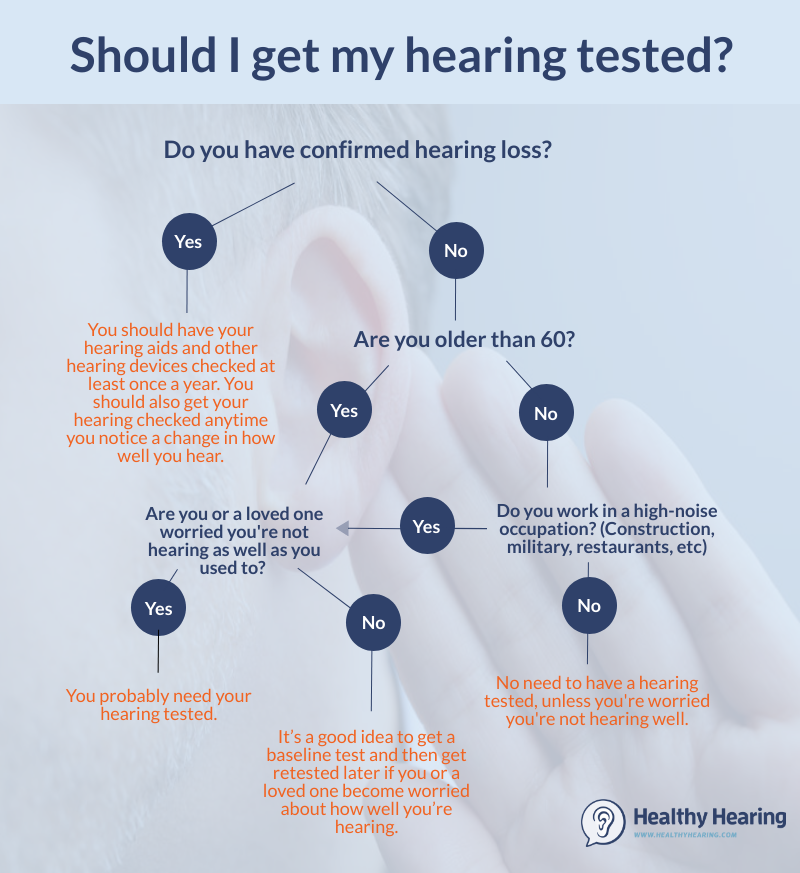

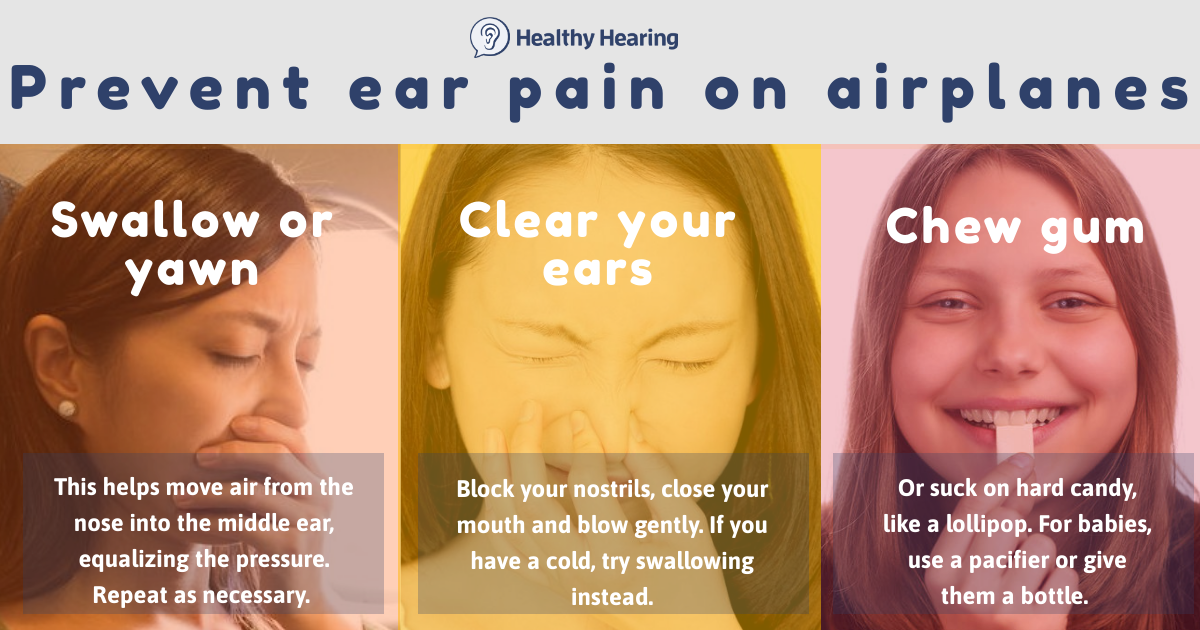
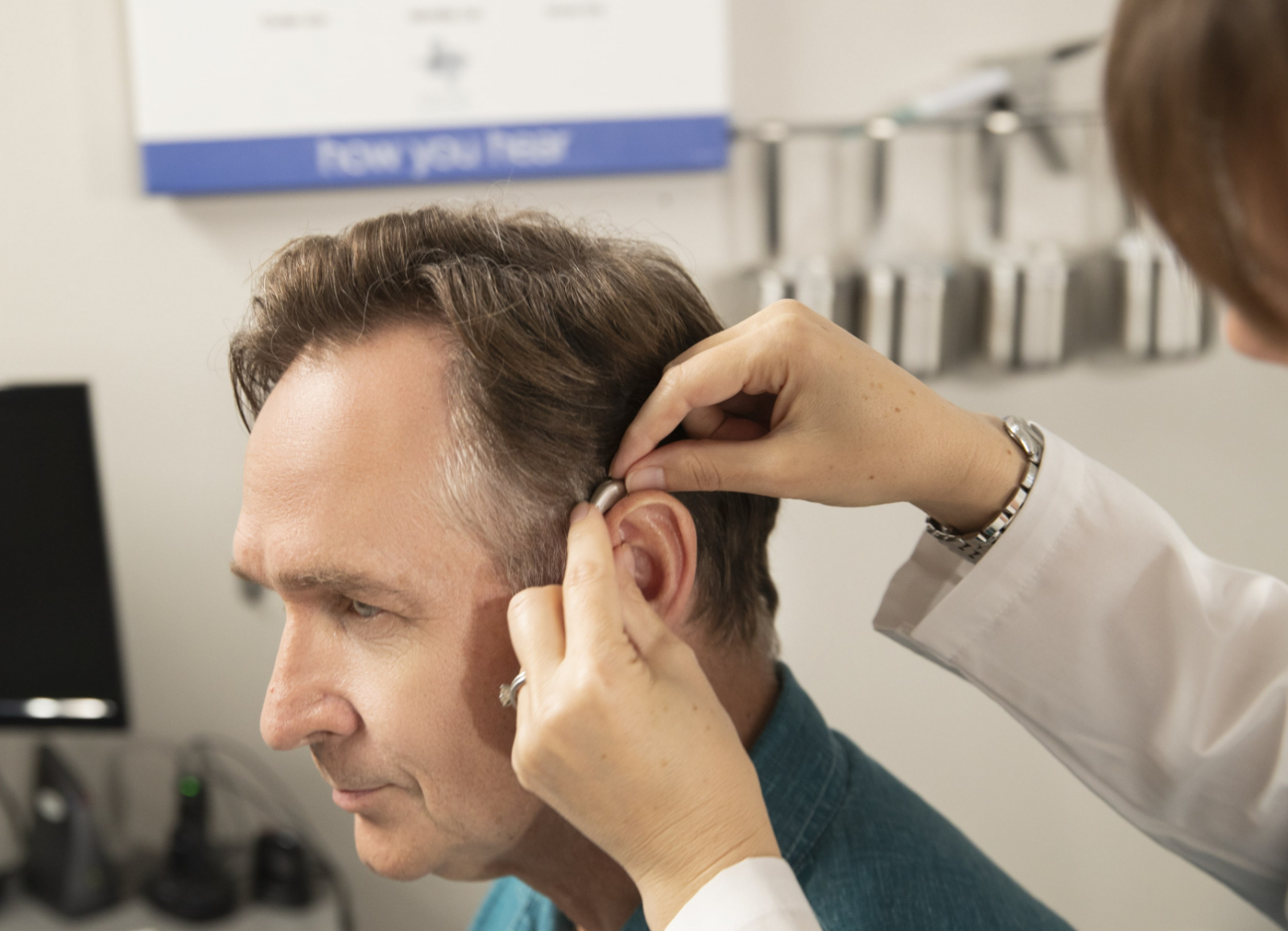
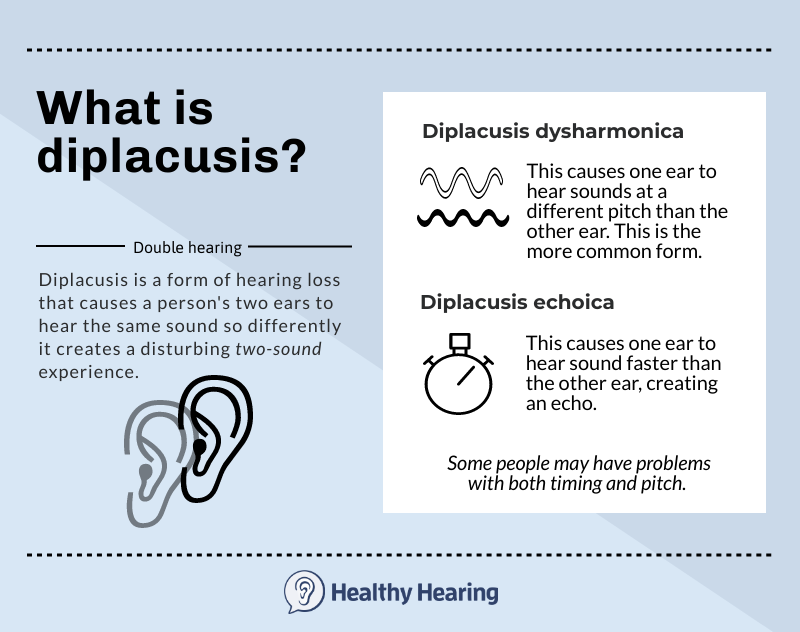
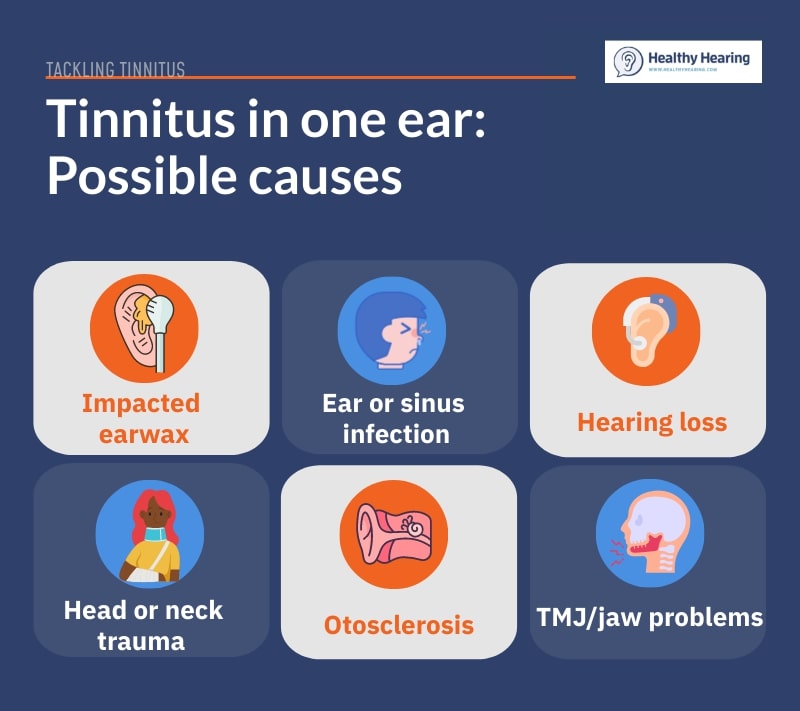
.jpg)
